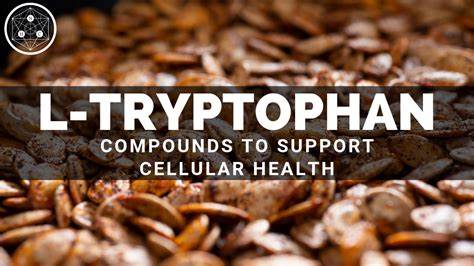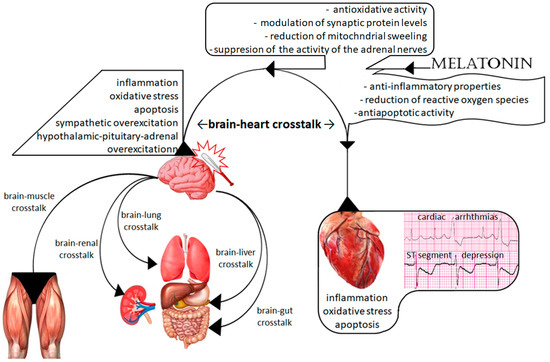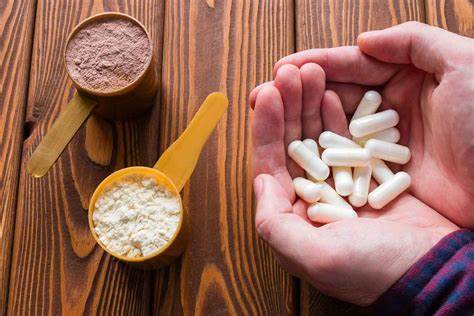
Tryptophan, also known as β- Indole alanine is an organic compound with the chemical formula C11H12N2O2, and is one of the essential amino acids for the human body.
Tryptophan is an important precursor substance for the biosynthesis of auxin in plants, with a structure similar to IAA. It is commonly found in higher plants and is also a precursor to the important
neurotransmitter serotonin in the human body. It can be used as a nutritional supplement for pregnant women and a special milk powder for young children. It is used for niacin deficiency (pellagra) and as a sedative, it can regulate mental rhythms and improve sleep, It is also one of the raw materials for compound amino acid infusion.
L-tryptophan is an essential amino acid that helps the body make proteins and certain brain-signaling chemicals.
Your body changes L-tryptophan into a brain chemical called serotonin. Serotonin helps control your mood and sleep.
Why do people take L-tryptophan?

You can get all the L-tryptophan that your body needs by eating a healthy, balanced diet. Supplement doses depend on the health condition you are trying to prevent or treat. L-tryptophan supplements have most often been used by adults in doses of 60 mg by mouth daily for 16 weeks
Some people take L-tryptophan supplements to try to help them sleep.
Low levels of L-tryptophan have been seen in people with depression. L-trytophan can boost serotonin levels, but research hasn't shown it is effective for treating depression.
There is limited research to back these claims and studies show mixed results in supporting these claims.
Some women take L-tryptophan supplements to try to ease mood swings due to premenstrual syndrome (PMS), also called premenstrual dysphoric disorder (PMDD). The theory is that these conditions may be linked to a problem with serotonin processing in the body, and that L-tryptophan could help that. However, there is little evidence to show this really works.

Early research in people hints that L-tryptophan supplements may be helpful for:
- Obstructive sleep apnea
- Seasonal affective disorder (SAD)
Can you get L-tryptophan naturally from foods?
L-tryptophan is found in meats such as turkey and chicken.
It is also found in:
- Bananas
- Cheese
- Chocolate
- Dried dates
- Eggs

- Milk
- Fish
- Oats
- Pumpkin seeds and sesame seeds
- Soy
- Tofu
- Tree nuts, including peanuts and peanut butter
The amount of L-tryptophan in these foods is small compared to supplements.
Tryptophan Supplements

You may find tryptophan supplements labeled as tryptophan, L-tryptophan, or 5-Hydroxytryptophan (5-HTP).
Some people take tryptophan supplements to help with:
- Depression
- Insomnia
- Fibromyalgia
- Migraine and other headaches
- Severe premenstrual syndrome (PMS)
Keep your supplements out of the reach of children and pets.
Don't take supplements without talking to your doctor first. Some supplements, including tryptophan, can interact with your medicines or any other supplements you take. Don't take tryptophan supplements if you take a monoamine oxidase inhibitor (MAOI), such as isocarboxazid (Marplan), phenelzine (Nardil), or tranylcypromine (Parnate). Tell your doctor all the medicines, herbs, nonprescription drugs, and supplements you use so they can check for interactions.
Pls kindly contact Alisa to get COA and price details via sales02@imaherb.com
Post time: Jan-09-2024




